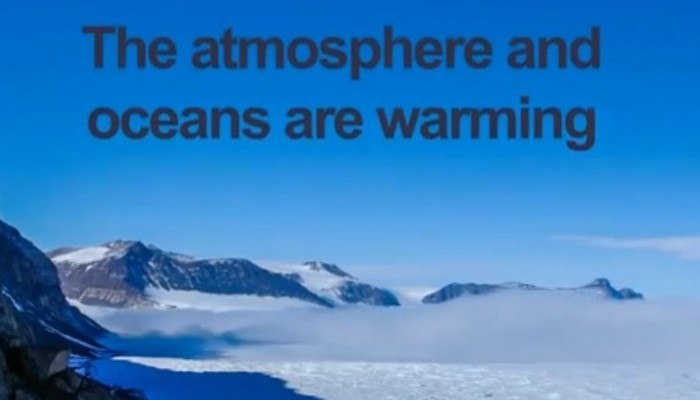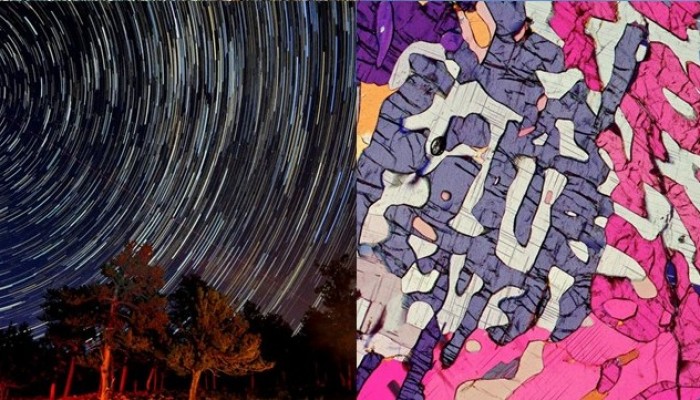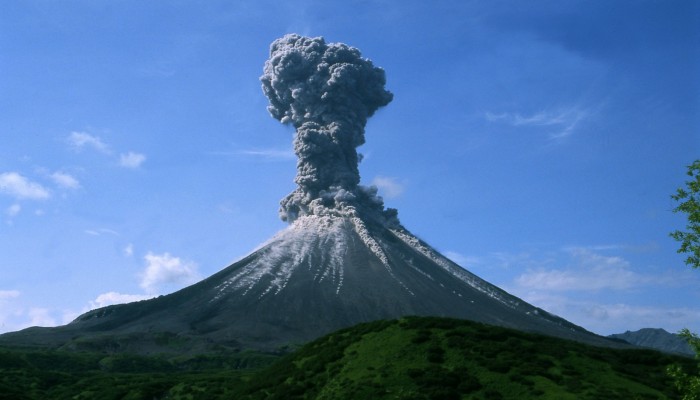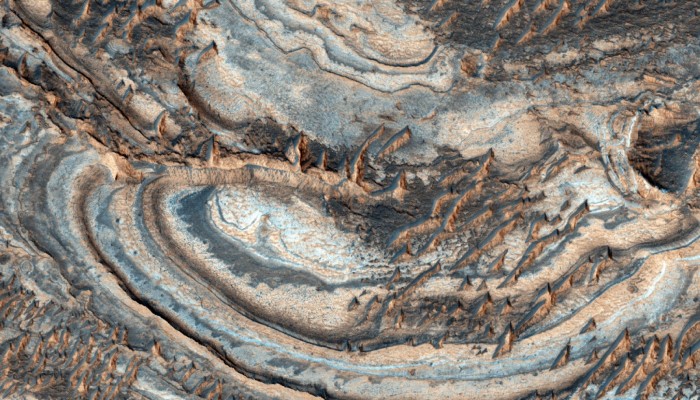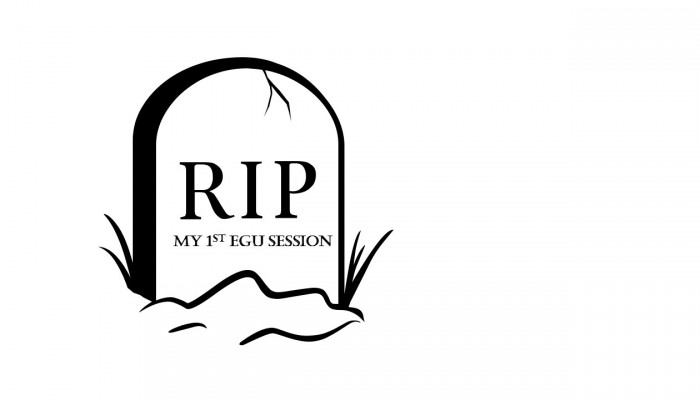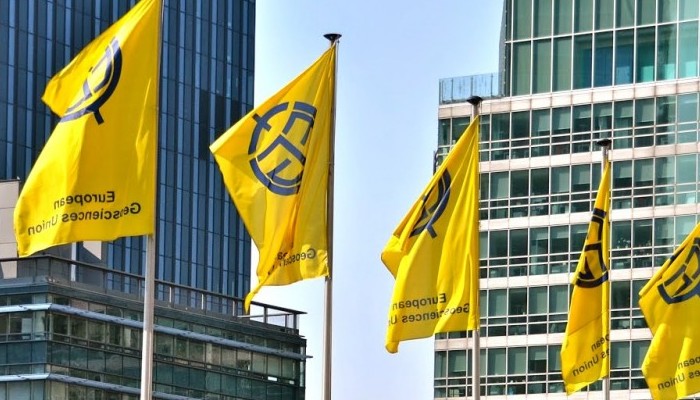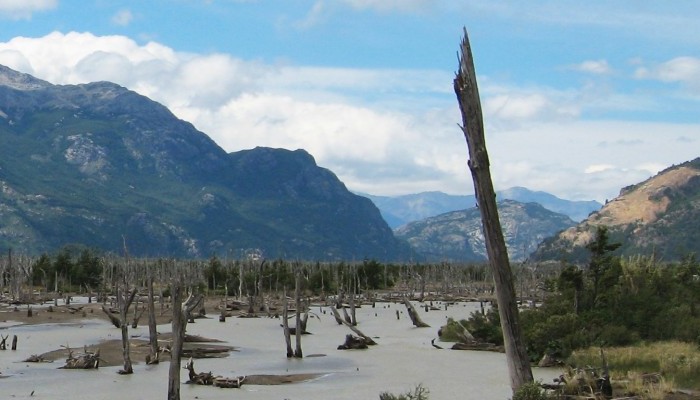The EGU General Assembly 2015 programme is available here. Take a look and – if you haven’t already – register for the conference by 12 March to make the early registration rates! The scientific programme of this year’s General Assembly includes Union Symposia, Interdivision Sessions, Educational and Outreach Symposia, as well as oral, poster and PICO sessions covering the full spectrum of the Ear ...[Read More]
GeoLog
EGU 2015 Communicate Your Science Video Competition – Deadline Extended!
Earlier this year we launched the Communicate Your Science Video Competition, a great opportunity to share research in the Earth, planetary and space sciences with the general public. What’s more, there’s a free registration to the 2016 General Assembly up for grabs! What’s it about? Young scientists pre-registered for the EGU General Assembly are invited to take part in the EGU’s Communicate Your ...[Read More]
GeoLog
Last chance to enter the EGU Photo Contest!
If you are pre-registered for the 2015 General Assembly (Vienna, 12 -17 April), you can take part in our annual photo competition! Winners receive a free registration to next year’s General Assembly! But hurry, there are only a few days left to enter! Every year we hold a photo competition and exhibit in association with our open access image repository, Imaggeo and our annual General Assembly. Th ...[Read More]
Soil System Sciences
Sure can smell the rain
Fly, thought, on golden wings, go alight on the cliffs, on the hills, where the sweet airs of our native soil smell soft and mild! Chorus of the Hebrew slaves, Nabucco Giuseppe Verdi Have you ever noticed the smell of rain? Why does wet soil smell so good? The smell of wet soil plants oils released into the soil during dry periods is due. These substances accumulate in the soil and mix with ...[Read More]
GeoLog
Imaggeo on Mondays: An explosive cloud
One of the world’s most volcanically active regions is the Kamchatka Peninsula in eastern Russia. It is the subduction of the Pacific Plate under the Okhotsk microplate (belonging to the large North America Plate) which drives the volcanic and seismic hazard in this remote area. The surface expression of the subduction zone is the 2100 km long Kuril-Kamchatka volcanic arc: a chain of volcanic isla ...[Read More]
GeoLog
Geosciences Column: The quest for life on Mars
Understanding where we come from and whether Earth is the only habitable planet in the Solar System has been a long standing conundrum in science. Partly because it is our nearest neighbour, partly because of its past and current similarities with our own home, Mars, the red planet, is a likely contender in the quest for extra-terrestrial life. In this guest blog post, James Lewis, a PhD student a ...[Read More]
Geomorphology
Our EGU session died, what went wrong?
Have you ever had this experience? You develop a session which you think could be such a great platform or a subject that definitely interests a lot of people and then only a few people register…this happened to Jan, me, and several others this year and our proposed sessions (GM1.2 Emerging research fields in geomorphology and GM 1.4 Data wealth versus data poverty – new strategies for geomo ...[Read More]
Green Tea and Velociraptors
Palaeontology in the 21st Century
Palaeontology is the study of the history of life on Earth. Whenever I get asked what I do, my answer always gets a predictable response: either “Oh, like Ross from Friends?” “So Jurassic Park?” or “So you dig dinosaurs?” Neither of these are close to what myself, my colleagues, or the broader field are doing. Well, apart from the digging dinos. We have to have some perks (not that I’ve actually e ...[Read More]
GeoLog
Science Policy Fellowship at the EGU – open for applications!
Do you have an interest in science policy and the geosciences? Then this fellowship might be just right for you! EGU fellowships offer early career researchers the opportunity to gain experience in science management and communication in a large scientific union through a targeted assignment at the EGU Executive Office in Munich, Germany. Fellows are strategically deployed to develop new initiativ ...[Read More]
GeoLog
Imaggeo on Mondays: A Patagonia landscape dominated by volcanoes
Imagine a torrent of hot and cold water, laden with rock fragments, ash and other debris hurtling down a river valley: this is a lahar. A by-product of eruptions of tall, steep-sided stratovolcanoes, lahars, are often triggered by the quick melting of snow caps and glaciers atop high volcanic peaks. The history of the Ibañes River and its valley, in southern Chile, are dominated by their proximity ...[Read More]


